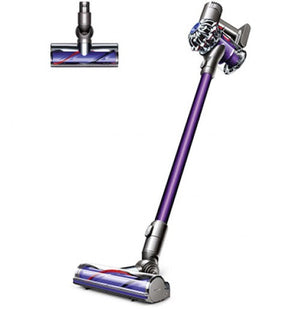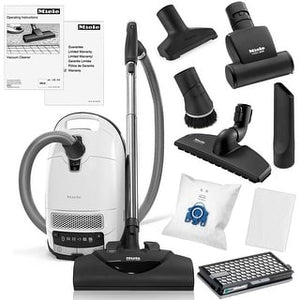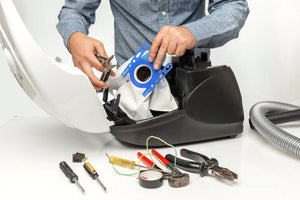Getting Familiar With The Different Aspects Of HEPA Filters

When it comes to air filtration systems, HEPA filters are amongst the most popular and efficient filtration systems available in the market. HEPA is the abbreviated form of “High Efficiency Particle Arrestor” and these filters are known for their ability to trap even the smallest dust particles, having a diameter of just around 0.3 micrometers. This enables the devices using the HEPA filtration systems to make the air almost 99.97% pollutants and allergen free. This is also a primary reason, why these filters are used in devices that are designed to create a healthy and hygienic environment which is conducive for people suffering from different ailments caused by air pollution.

Structure And Working Of HEPA Filters
The reason behind the extremely high efficiency of HEPA filters is their ultra-fine fiber-glass structure. In addition, they also contain a small amount of activated carbon-based material which prevents the microscopic particles from easily passing through. The fiber glass is assembled in the form of thick paper-like pleated material to create the filter. The filter then uses a combination of diffusion, interception and inertial impaction to capture the dust, allergens and pollens present in the air passing through it. As the air passes through the filter, the particulates present in it simply get stuck with the fiber glass or are sucked into the fiber due to strong air movement where they remain trapped.
The pure HEPA filters are unable to remove odors, gases and chemicals, which is why activated carbon material is used for making these filters. The activated carbon material helps in absorbing any smells and harmful chemicals present in the air besides trapping mold spores, bacteria, viruses, pet dander and dust. That is how the filter makes the air almost perfectly clean and free from different types of contaminants. The efficiency of HEPA filters can be better understood by considering the analogy that catching a one-micron particle with this filter is the same as stopping a cotton ball with a door screen.
Different Variations Of HEPA Filters
All HEPA filters are based on the same quality standard and are tested and certified to remove 99.97% particles of 0.3 microns and above. As such there is really no difference between HEPA filters that might be classified as “Certified HEPA,” “True HEPA” or “Absolute HEPA”. However, users need to be aware of buying products which define the filtration system as “HEPA like”, or “Equivalent to HEPA quality”. At the same time they should be aware of the different variations of these filters used in devices across different geographical centers and manufacturers. The most common of these are listed below.
S-Class: This is the name given to the filtration systems used in European nations that offer exactly the same efficiency as HEPA filters.
Active HEPA Filter: This Miele trademark filter uses an additional charcoal filter with to remove smells.
HEPASilent Filter: This is a trademark filter used by Blueair that integrates the HEPA system with an electrostatic filter.
HEGA Filter: This Austin Air trademark filter integrates HEPA filter with the Activated Military Carbon Cloth filter to remove allergens and odor.

Other Important Facts
HEPA filters are increasingly being used in homes, offices, hospitals, labs, airplanes, schools and other such places to provide a healthy and clean environment to people. However, in order to ensure optimal performance of these filters, it is advisable to strictly follow their usage instructions that are generally provided with the device in which they are fitted. The most important of these is to clean or change the filters at regular intervals. The cleaning and changing frequency of the filters might vary according to the specific manufacturers and this is something that the users need to consider. HEPA air filters are the best choice to get clean and pollution free environment.
- Admin .








Comments 0